[Hormonal acne]signs, causes&treatment
What Is Hormonal Acne?
Hormonal acne—sounds familiar? It’s that stubborn breakout that always seems to show up at the worst possible time, all thanks to the rollercoaster of hormones in your body.
Unlike regular acne, this kind is closely tied to hormonal shifts that occur during life’s big moments: puberty, your monthly cycle, pregnancy, menopause, or even starting or stopping birth control.
Who Gets Hormonal Acne?
Think it’s just a teenage problem? Not quite! While teens definitely experience it, women aged 20 to 40 are actually the most common group affected by hormonal acne.
- PCOS (Polycystic Ovary Syndrome): If you have this condition, hormonal acne might stick around longer than you’d like.
- Men: Guys can get hormonal acne too, though it’s far less common.
7 Key Signs of Hormonal Acne
1. Location of Breakouts
Hormonal acne tends to be quite specific about where it shows up. You’ll most often see breakouts around the chin, jawline, and lower face. But it doesn’t stop there—sometimes it also makes its way to the neck, chest, shoulders, and back, areas where oil glands are particularly active. So, if you’re noticing acne in these spots, it could be a telltale sign of hormonal changes.
2. Pattern of Occurrence
One of the key indicators of hormonal acne is the regularity of breakouts. For many women, acne seems to pop up around the same time each month, typically just before or during menstruation. This recurring pattern suggests that the acne is more about hormones than anything external like diet or products. If your acne is consistently cycling with your hormones, it’s likely hormonal acne at play.
3. Type of Acne
Hormonal acne isn’t your average breakout. It often shows up as deep, painful cysts or nodules that form underneath the skin. These cysts are larger, harder, and way more painful than the typical blackheads or whiteheads. Sometimes they’re soft and filled with pus, making them harder to treat and more uncomfortable than the usual acne we see.
4. Chronic and Recurring Breakouts
One frustrating aspect of hormonal acne is its persistence. Unlike the occasional pimple, hormonal acne tends to stick around, reappearing in the same spots over and over again. Since the acne is tied to consistent oil production patterns, it can take longer to clear and may need professional treatment to fully manage.
5. Timing with Hormonal Changes
Hormonal acne loves to flare up during times of hormonal imbalance. This includes times like menstruation, pregnancy, menopause, or when you’re starting or stopping birth control pills. But it doesn’t stop there—stress and testosterone-based hormone therapy can also be triggers. So, if your acne seems to hit during specific hormonal shifts, it’s another clue that it’s hormonal acne.
6. Acne in Areas Related to Hormone Activity
Certain areas of your face and body are more likely to be affected by hormonal acne due to their proximity to sebaceous glands. Common spots include the jawline, chin, and forehead—areas where hormones have a direct influence. When you notice acne showing up in these zones, it could be a sign that hormonal fluctuations are at work.
7. Acne Severity and Inflammation
Hormonal acne is often much more inflamed than regular acne. It tends to involve larger, more painful lesions, and you might notice redness, swelling, and a general sense of tenderness, especially with cystic acne. These breakouts are more than just annoying—they can be downright painful and harder to get rid of than other types of acne.
Common Causes of Hormonal Acne
Hormonal acne can be triggered by both controllable and uncontrollable factors.
| Cause | Description | Controllable or Uncontrollable? |
|---|---|---|
| Stress | Stress increases cortisol levels, leading to more oil production and clogged pores, which can cause breakouts. | Controllable |
| Poor Sleep | Lack of sleep disrupts hormones and increases stress, both of which can worsen acne. | Controllable |
| Diet | Diets high in processed foods, dairy, and sugar can cause inflammation and excess oil, leading to breakouts. A balanced diet supports clear skin. | Controllable |
| Skin Care Products | Using products that aren’t oil-free or non-comedogenic can clog pores and contribute to acne. | Controllable |
| Medications | Medications like corticosteroids or those with progestins can affect hormones, potentially triggering acne. | Controllable |
| Hormonal Contraceptives | Starting or stopping birth control pills can cause hormone fluctuations that lead to acne. | Controllable |
| Hormonal Fluctuations (Menstrual Cycle) | Hormonal changes around the menstrual cycle, particularly in estrogen and progesterone, can lead to breakouts. | Uncontrollable |
| Pregnancy | Pregnancy brings hormonal shifts that can cause acne, especially in the first trimester. | Uncontrollable |
| Menopause and Perimenopause | Decreasing estrogen levels during menopause increase testosterone, which stimulates oil production and can cause acne. | Uncontrollable |
| Polycystic Ovary Syndrome (PCOS) | PCOS causes an imbalance of androgens, leading to acne. It’s often accompanied by other symptoms like irregular periods. | Uncontrollable |
| Testosterone Treatment | Testosterone replacement therapy can increase testosterone levels, stimulating oil glands and causing acne. | Uncontrollable |
| Genetics | A family history of acne increases the likelihood of experiencing hormonal acne due to genetic factors. | Uncontrollable |
| Pregnancy-related Hormonal Imbalance | Early pregnancy brings hormonal shifts that can trigger acne, but acne often improves as pregnancy progresses. | Uncontrollable |
Does Hormonal Acne Go Away?
Hormonal acne can sometimes clear up on its own, especially as hormone levels stabilize over time. For instance, many people notice improvements once they go through puberty, pregnancy, or menopause when hormonal fluctuations tend to balance out. However, for others, hormonal acne doesn’t just disappear without some help.
Managing hormonal acne usually involves a consistent skincare routine, including products that target oil production and inflammation. Lifestyle changes like reducing stress, eating a balanced diet, and ensuring good sleep habits can also support your skin.
For some, over-the-counter treatments or prescribed medications may be necessary to effectively manage hormonal acne. Think of it as a long-term relationship—you might need to stay on top of things to keep it under control. So while it can go away naturally for some people, don’t be discouraged if it sticks around a little longer; with the right care, you can definitely manage it.
![[Hormonal acne]signs](https://dermacaredreams.com/wp-content/uploads/2024/12/pexels-anntarazevich-6268714-e1735556496912.jpg)
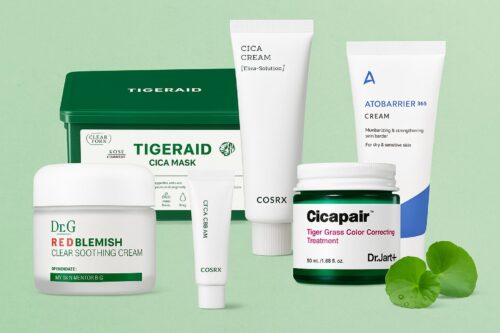
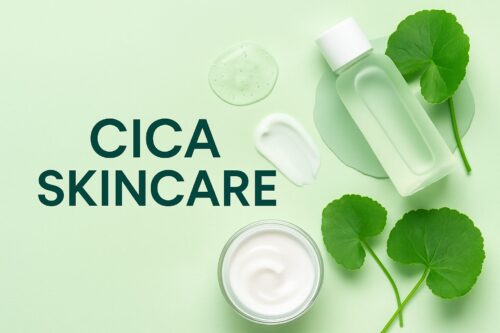
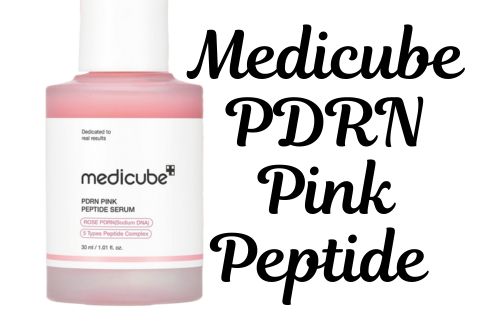
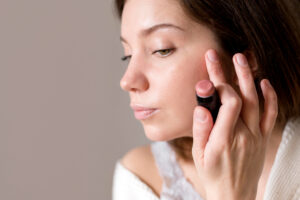
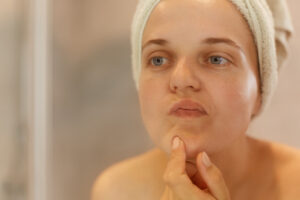
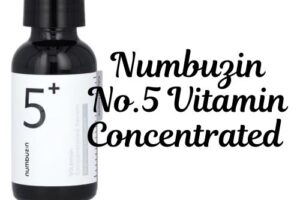
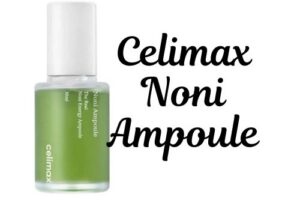
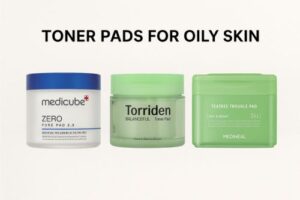

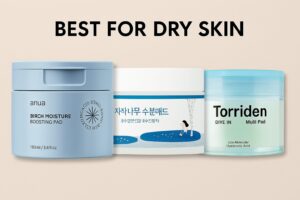
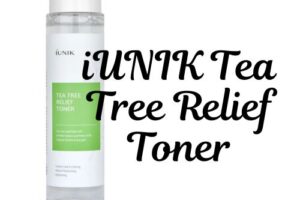
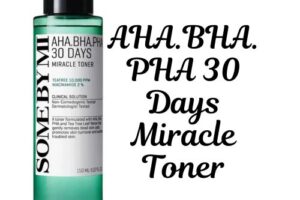
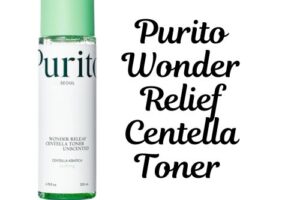
Post Comment